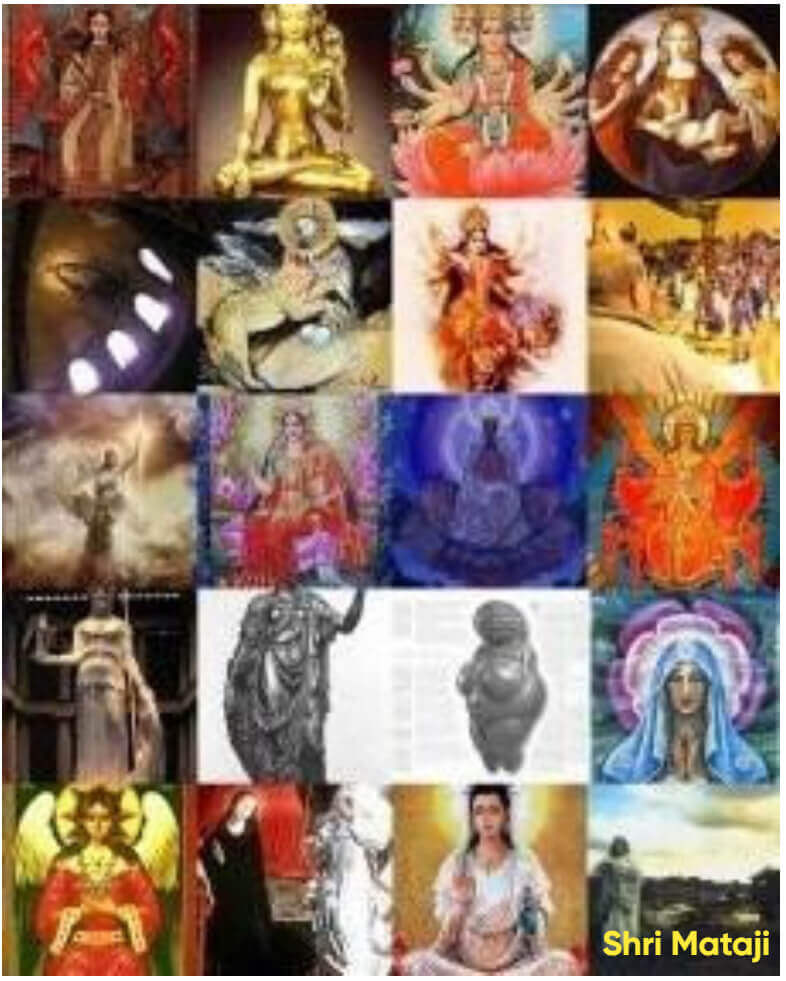Deepak Chopra’s Quote from The Book of Secrets
Deepak Chopra’s reflections on direct spiritual knowledge affirm the path of the Divine Feminine. He distinguishes between indirect belief and direct communion—gyana—where the seeker shares the thoughts of God Herself. This aligns with the Devi Gita’s teachings on pure consciousness, revealing the Divine Mother as the eternal Self, the source of bliss, and the witness beyond Maya. Chopra’s use of “Her” is not poetic—it is prophetic. The Divine Feminine does not command from afar; She awakens from within. Adishakti.org embodies this living truth, where seekers experience the Mother directly, beyond doctrine and dogma.

